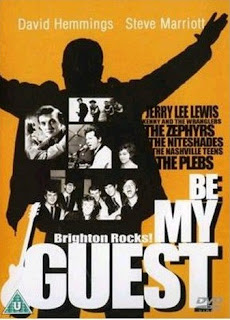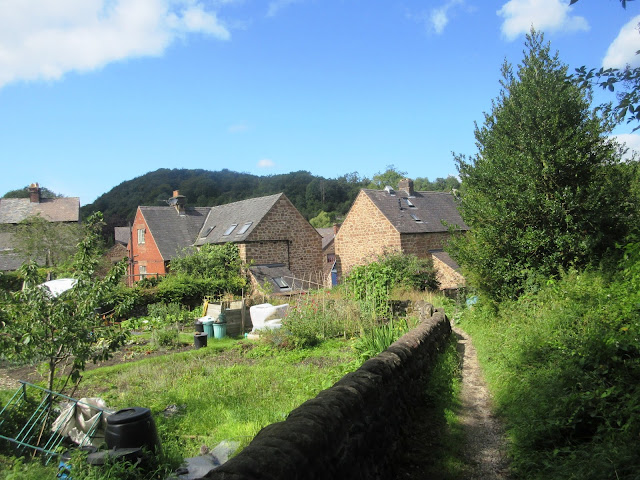Embed from Getty Images
Matthew Taylor, the former Liberal Democrat MP for Truro, was adopted as a baby by the film and television writer
Ken Taylor and his wife.
In later life he decided to trace his birth mother, with the result that I
blogged in 2008:
This morning's Times revealed that Matthew Taylor, the Lib Dem MP for Truro, who was adopted as a baby, has traced his birth mother. It turns out that she is the granddaughter of Sir Percy Harris, who was a prominent Liberal MP.
Sir Percy was first elected to the Commons for Harborough at a 1916 by-election. There was an official truce between the parties, but he had to overcome strong opposition from Thomas Gibson Bowles, an Independent candidate backed by Lord Northcliffe and the Daily Mail.
Like Charles Masterman, Harris was identified with the social reform wing of the Liberal Party but remained loyal to Asquith because he did not trust Lloyd George and his machinations with the Tories. The result was the he failed to receive the Coupon in Harborough in 1918 and the seat was lost to the Tories for the first time since 1891.
Sir Percy returned to the House as MP for Bethnal Green South West in 1922 and was to hold the seat until 1945, by which time he was the last Liberal MP left in London. When the Liberals ran Tower Hamlets in the 1980s canvassers reported meeting old people who still voted Liberal "because of Sir Percy".
Later in that post I wrote that
Families do have an amazing way of rolling back the years. In a second Times article on the story, Matthew writes of his birth mother:
She has visited us twice and when I was Liberal shadow chancellor she sat in the Commons for the first time since she watched her grandfather speak as a little girl, to see my response to the budget.
When this story broke, Matthews's grandfather Sir Jack Harris was still alive at the age of 101. The reports said he had recently published his
memoirs, so I ordered a copy in the hope it would contain some recollections of Harborough politics almost a century before.
From that point of view the book proved a disappointment - it read like the work of a man approaching his hundredth year.
He did write about the Harborough by-election of 1916, which his father Percy Harris won, but his memory proved disappointing:
My father was given the seat of Market Harborough by the party, where he was ... totally unknown. He managed to win this seat because there was a big Liberal swing when the Asquith government was elected in 1908 (sic). However, in a swing back in the next election he lost his seat.
As regular readers of this blog will know, the truth is that Harborough had been Liberal since 1891, largely because of the efforts of the mighty
Paddy Logan.
And as I say in the post quoted above, Percy Harris lost Harborough in 1918 because he refused the Coupon from the Lloyd George coalition.
Yes Jack Harris did have something interesting to say about his father's political career:
My father wished to pursue his political career by standing for parliament for Bethnal Green, which he already represented on the London County Council, but party HQ thought otherwise. They sent down a man called Masterman, who was unknown to the electorate, to stand for the seat. He promptly lost it to the Conservatives.
In fact Masterman won the by-election, but had to fight another in the seat when he was promoted to the cabinet and lost that one.
So I turned instead to Percy Harris's memoirs
Forty Years In and Out of Parliament and found confirmation that, as well as being comrades, he and Charles Masterman were rivals.
Percy Harris had been adopted as prospective candidate for Bethnal Green South West, where the sitting Liberal MP was expected to resign soon. Then Charles Masterman was disqualified as an MP elsewhere in London because of irregularities with his return of election expenses, and the national party saw a Bethnal Green by-election as an opportunity to get him back into the Commons.
Masterman won the nomination to fight the by-election, but Harris writes:
A number of angry Radicals walked out of the meeting, formed a Labour association, and proceeded to adopt a candidate.
For more about Charles Masterman's career, see
an article of mine in Liberator.




















































